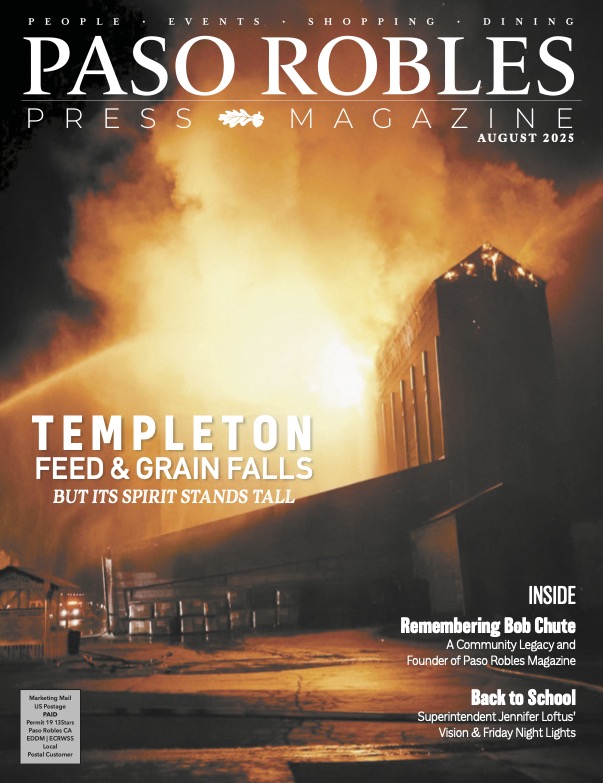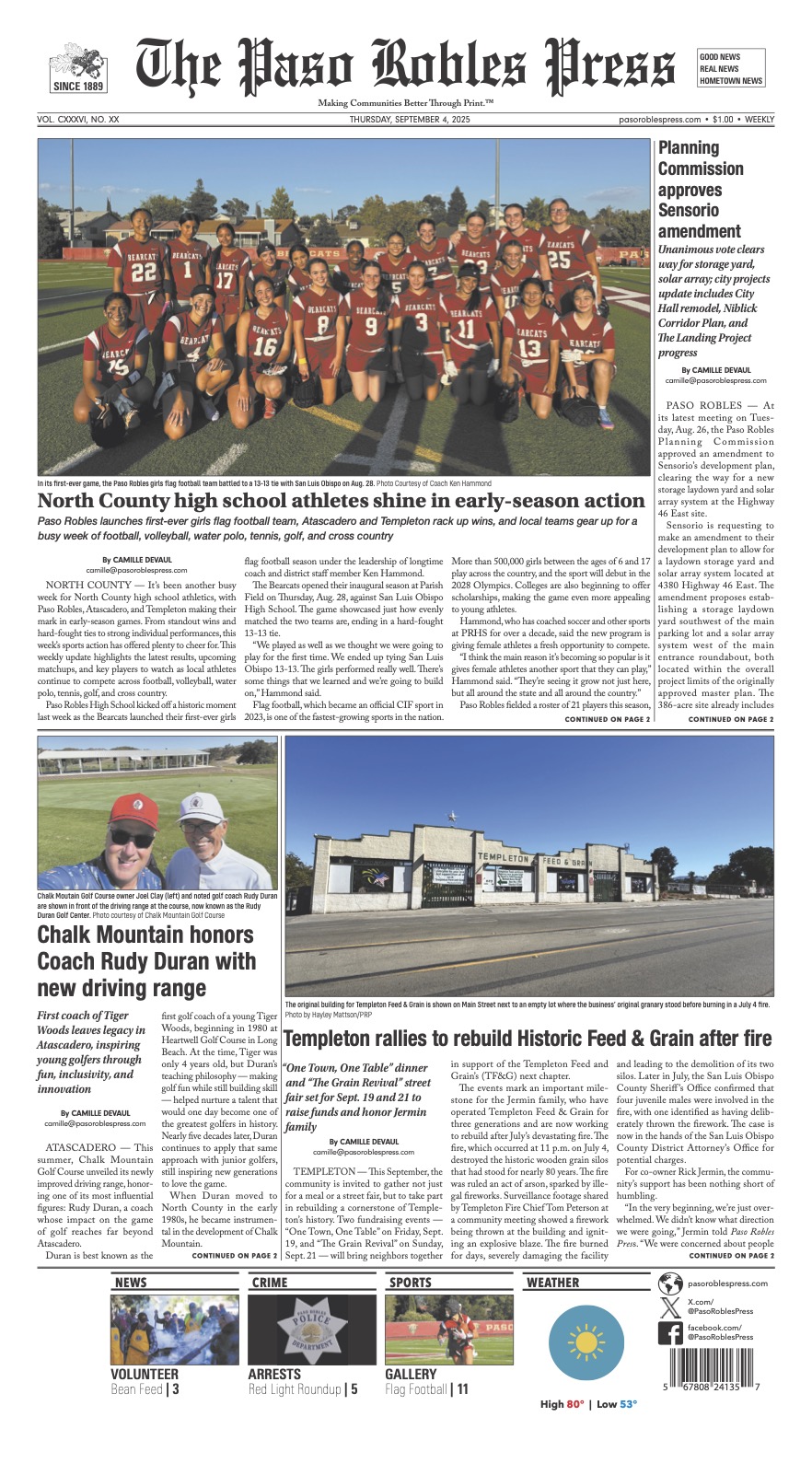By Al Fonzi

What does the 4th of July mean to you? Yes, Independence Day, the official date that the Continental Congress declared our independence from Britain as free and independent states. It’s with a heavy heart that I realize that far too many Americans today do not appreciate their birthright to be born an American. Many openly despise the founding documents like the Declaration of Independence, the Constitution, and the Founders who authored them. You see, these men weren’t perfect and fall far short of the lofty standards of today’s critics who demand only perfection from imperfect men.
What inspired the Founders to rebel against the British King? We’ve been taught it was all about taxes without representation, but a 19th century American would be puzzled by that explanation. Our story is a narrative about a people who lived independently for 150 years, self-governing and only remotely attached to Britain for trade and, to a degree, for security.
The Founders listed many grievances against British King George III, which were enumerated in the Declaration of Independence, its signers effectively signing their own death warrant, pledging their lives, their fortunes, and their sacred honor. It was no idle threat as the British punishment for treason (and that’s what it was against the British Crown) was death by hanging, drawn, and quartered. It was a form of execution that was especially brutal.
That was the punishment facing Thomas Jefferson, John Adams, Ben Franklin, John Hancock, and all of the others who signed the Declaration of Independence. During the eight years of the American Revolution, many signers of the Declaration suffered financial devastation and the death of loved ones at the hands of the British Army.
After the French and Indian War ended in 1763, the British Parliament demanded that Americans shoulder the heavy tax burden and debt encumbered by the war with the French.
Americans had suffered terribly during that war, especially at the hands of French raiding parties allied with Indians who did not observe the rules of 18th-century warfare. After the war, the British refused provision of military protection to colonists against Indian depredations. The British also imposed extremely unfair trade practices that created severe economic hardships in the colonies and, worst of all, refused to submit corrupt British officials to colonial courts, spiriting them off to England and immunity. Outrages against Colonial women by British troops and foreign mercenaries went unpunished. Finally, the events in New England at Lexington and Concord against colonial militias were escalated by the British Navy, which bombarded Falmouth, Massachusetts, and Norfolk, Virginia in an effort to cow the Colonials into submission. The latter events unified the Colonies as nothing before.
Previously, the Continental Congress had sent delegations to Britain to plead their case for respecting their rights as free Englishmen. The British government ministers laughed at them: Colonists as Englishmen? What nonsense! Go home, obey your betters, pay your taxes or suffer the consequences was the response received. The bombardment of Colonial port cities,
harassment of civilian shipping, unfair trade policies that practically bankrupted colonial merchants, and finally, military occupation and corruption of the legal system were the final unbearable outrages. From this came recognition that reconciliation with Britain was impossible: battles had been fought, blood spilled at Lexington, Concord, and Bunker Hill, and a British army forced out of Boston by 20,000 armed Colonial militiamen.
The Declaration of Independence, essentially a declaration of war against the British Empire, set loose forces that changed the world for the next two-plus centuries and established a form of government that was the envy of and model for the world. It was and is a beacon of hope for untold millions who, to this very day, brave extreme hardship at risk of their lives to come here any way they can. In just the last two months of April and May of 2021, over 360,000 men, women, and children trekked over a thousand miles to reach our southern border in the hope they might be able to cross into the United States. Last week I watched women fall to their knees in tears, their hands reaching to the heavens giving thanks as they waded ashore on the U.S. side in the Rio Grande Valley.
From July 4, 1776, seven more bloody years of war followed, with more defeats than victories, many atrocities inflicted upon colonial civilians at the hands of brutal, professional soldiers, arrogant British commanders ultimately humiliated by a people who wouldn’t quit. In the end, tens of thousands of colonials loyal to the King fled to Canada, the British Army went home, and a new experiment in self-government, a Republic, was born. The experiment had many flaws, and it’s still a work in progress. Ben Franklin’s response to an inquiry as to what form of government the Congress had created is more in question today than ever when he replied, “A Republic, if you can keep it.”













